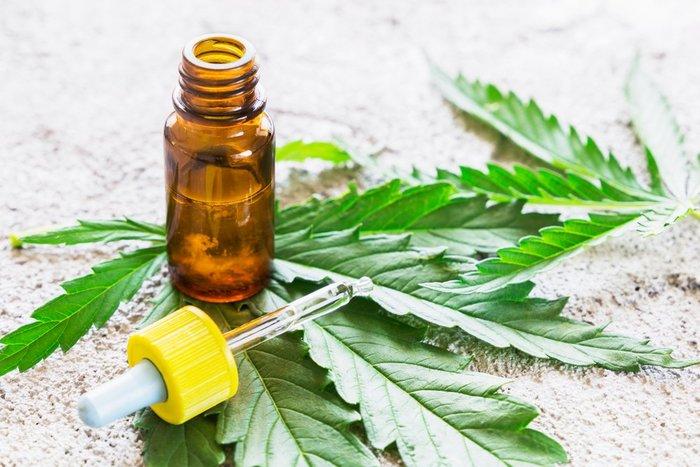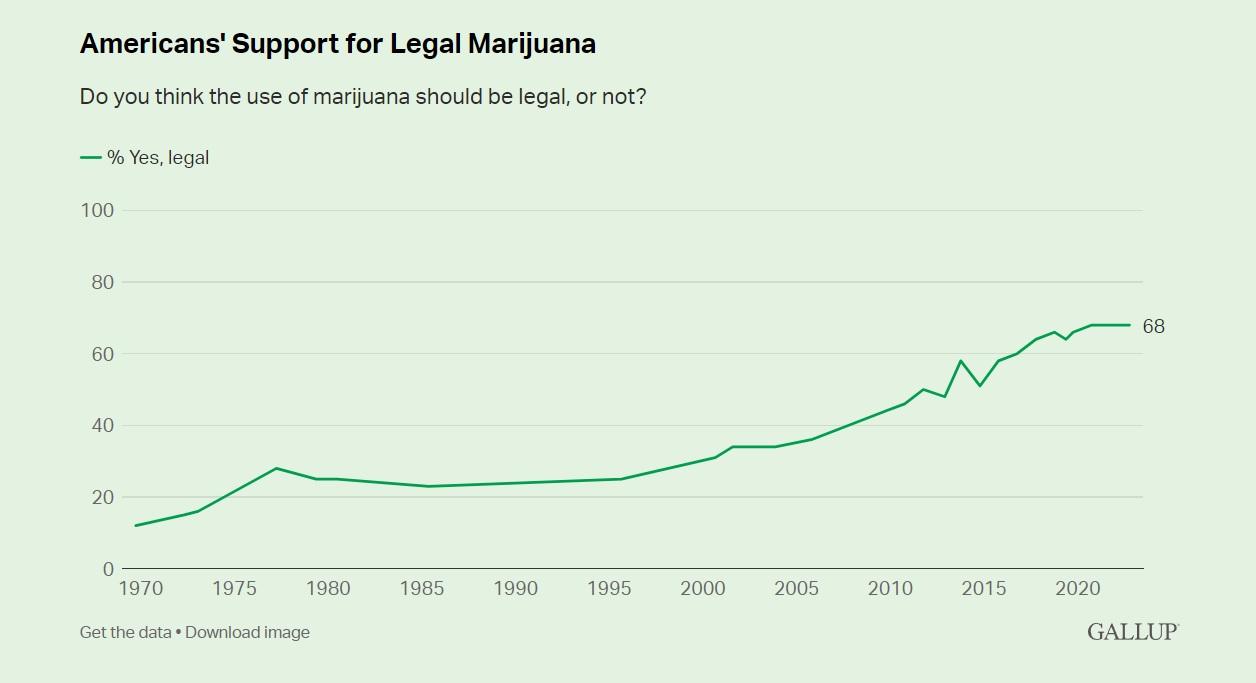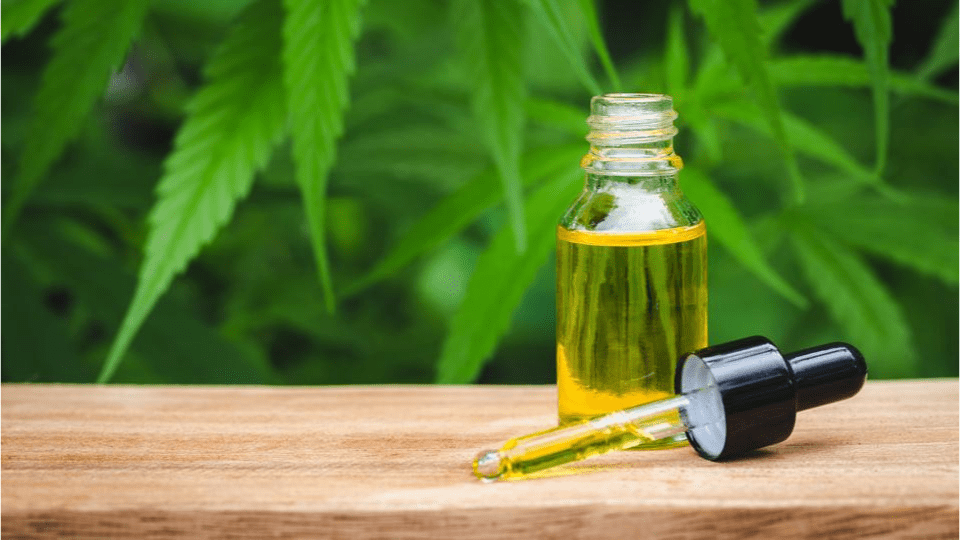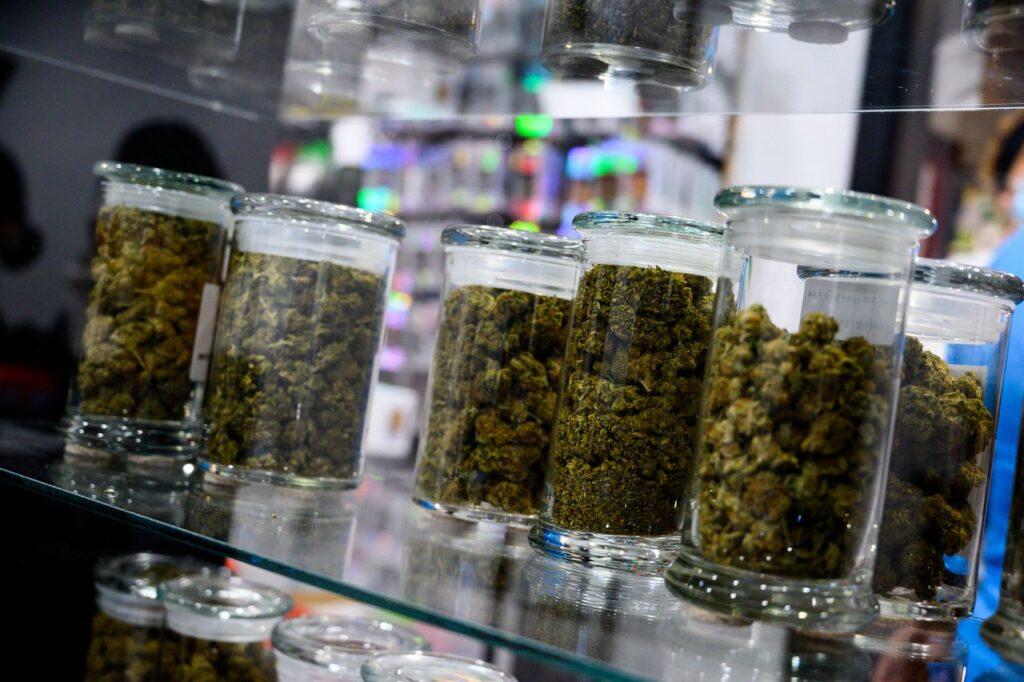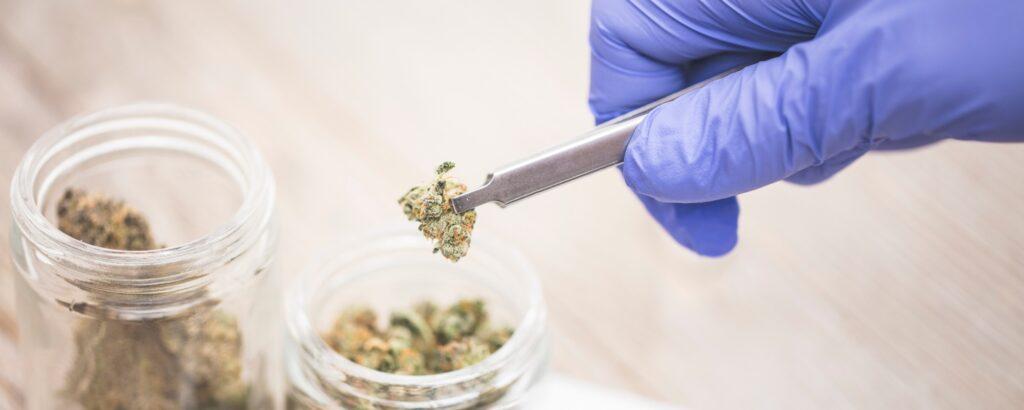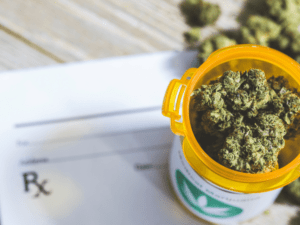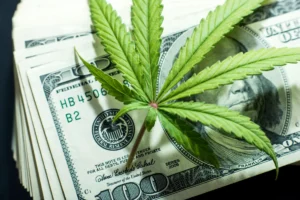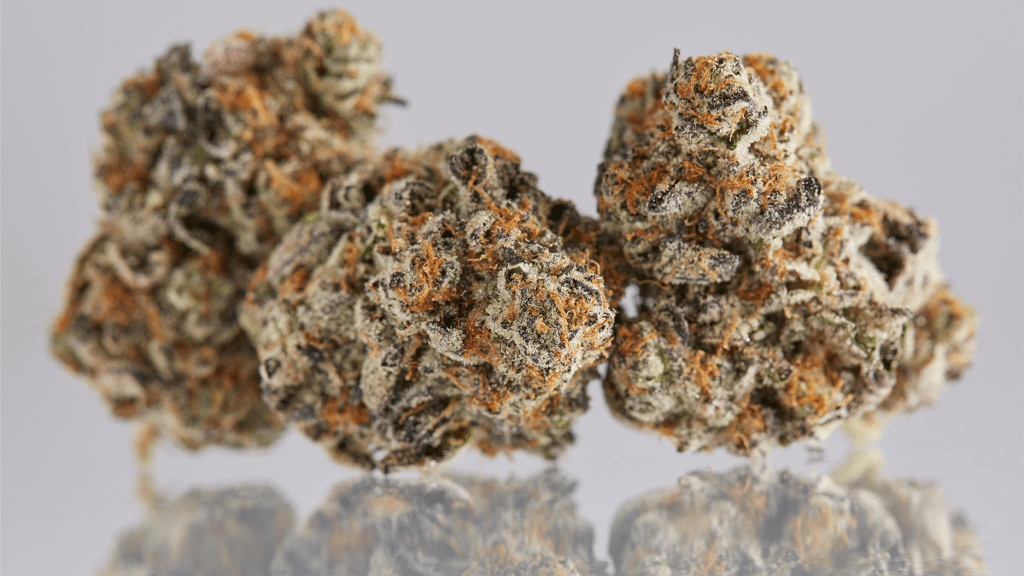Oral cannabinoid therapy seems to be safe and at least mildly effective in patients with treatment refractory chronic pain, according to a new European Journal of Pain study.
“Cannabinoids are considered a therapeutic option to patients suffering from treatment refractory chronic pain (TRCP) insufficiently relieved by conventional analgesics or experiencing intolerable adverse events (AEs) from those”, the abstract states. “This study aimed to explore safety and effectiveness of oral cannabinoids among patients with TRCP.”
A retrospective study was conducted among Danish patients with TRCP being prescribed oral cannabinoids. Data on AEs and changes in pain intensity by numeric rating scale (NRS) before and after initiation of oral cannabinoid therapy were analyzed. The study was conducted by researchers at the Horsted Institute, North Denmark Regional Hospital and Aalborg University, all in Denmark.
Continue reading

